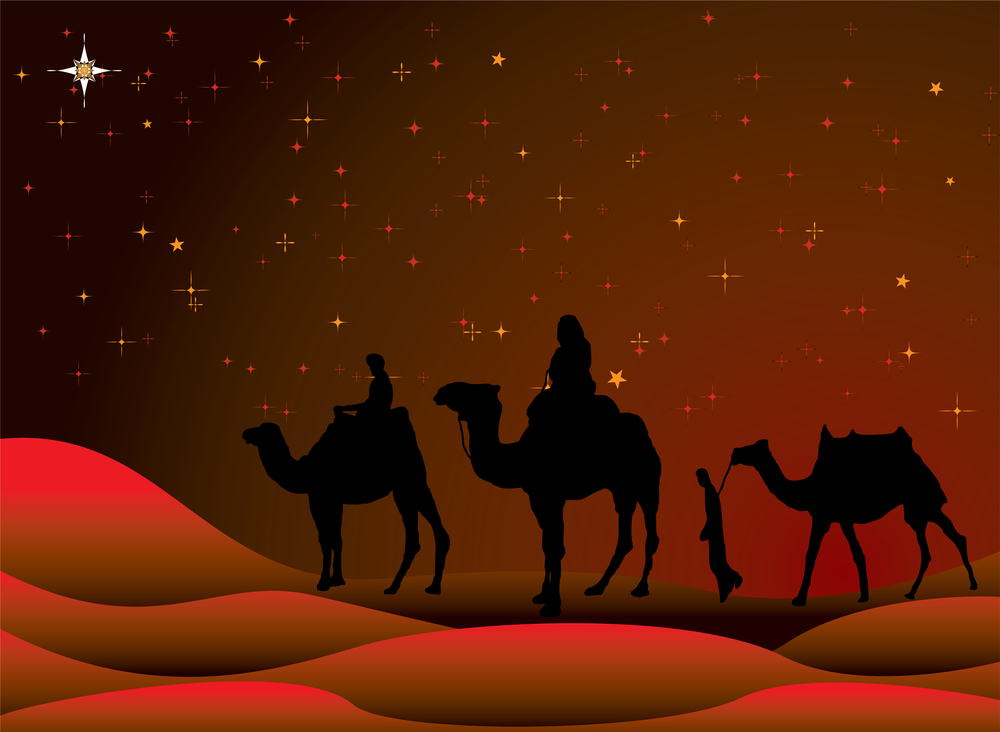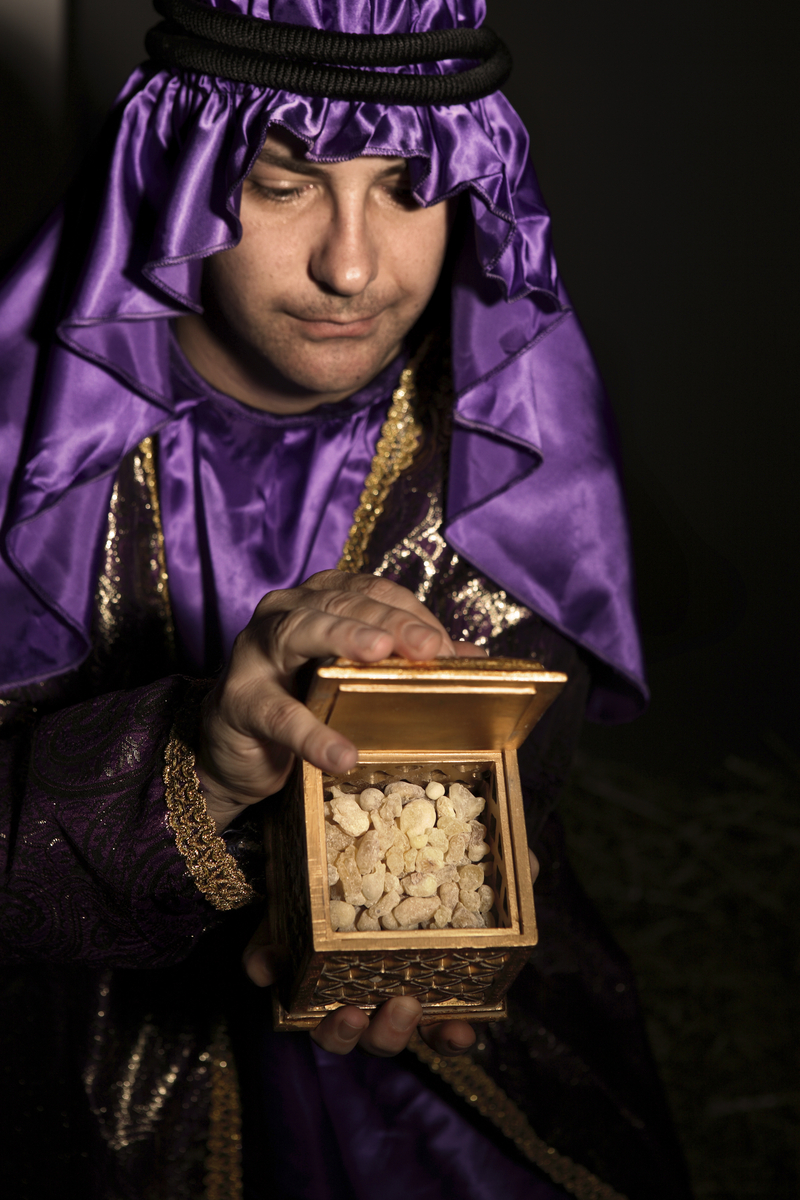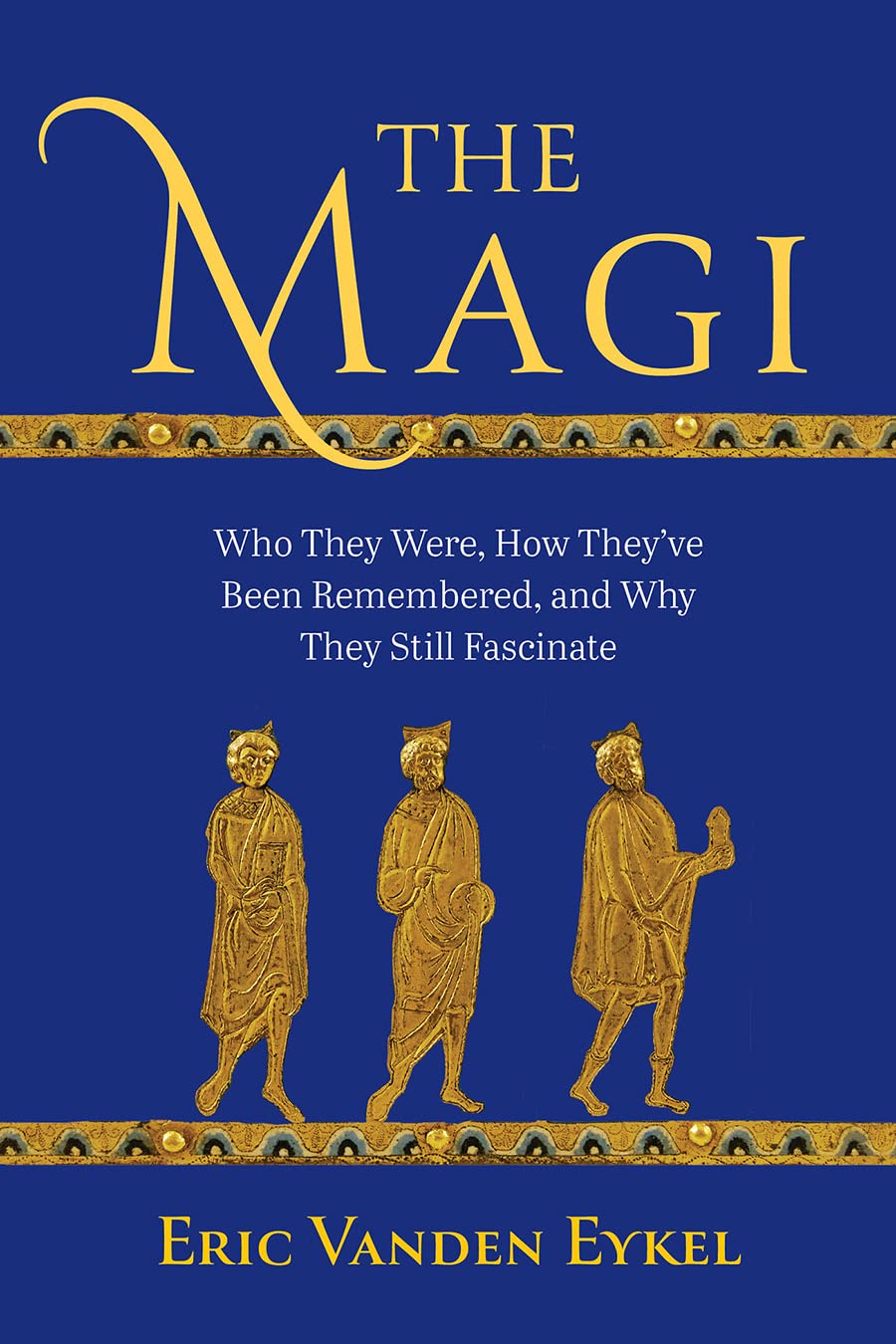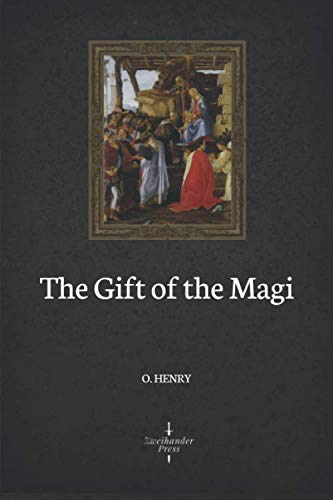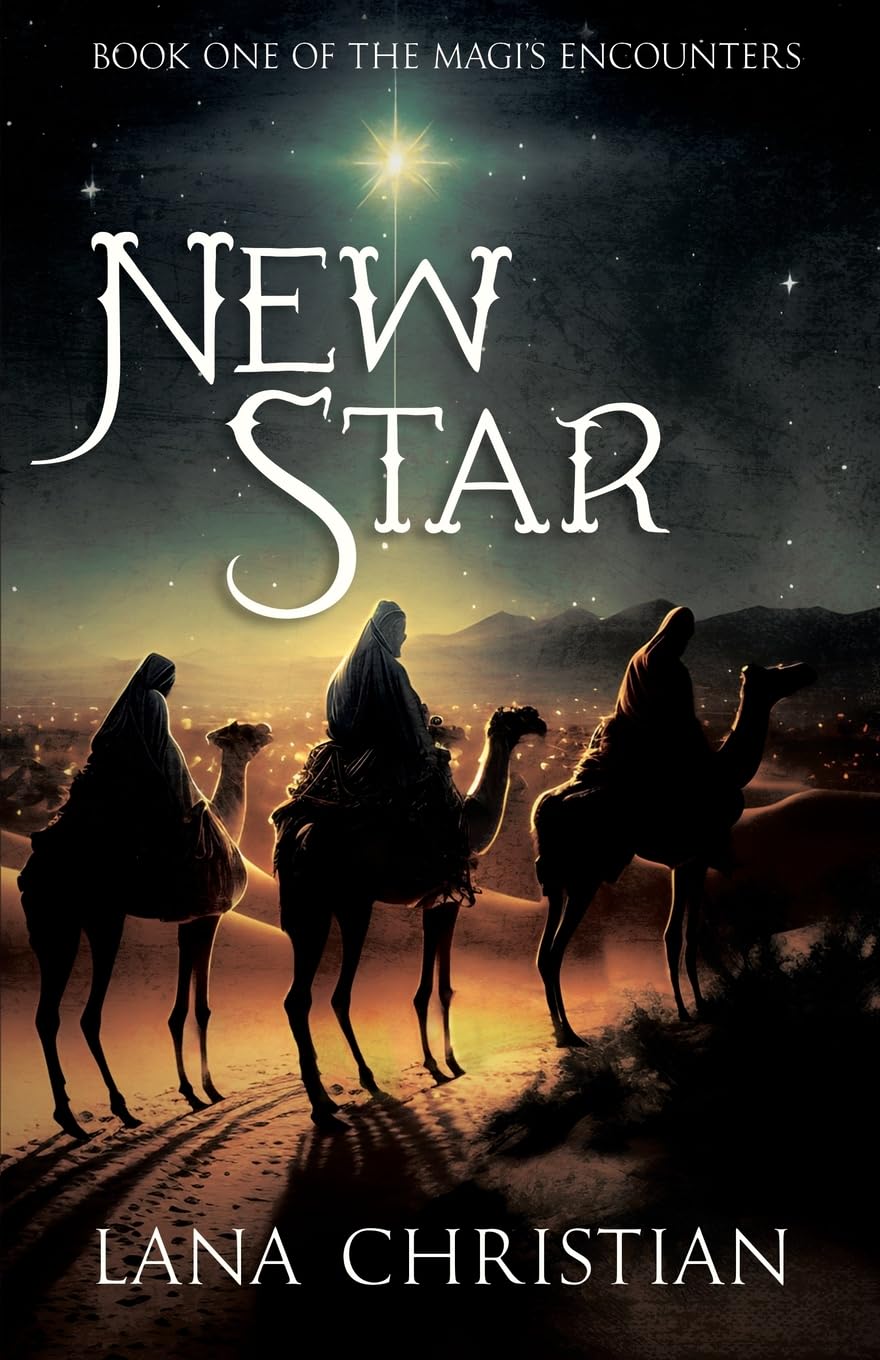Happy Epiphany!
Epiphany is January 6th, but churches may celebrate it the Sunday before or after as Epiphany Sunday. In this eighth episode of our series "The Complete Christmas Story," we will explore Epiphany.
Let us start with this question: Do you still have your Christmas decorations up? For you efficient ones, there is a tradition in some places that holds that it is bad luck to still have them up at Epiphany. But perhaps they should still be up because the Christmas celebration ends with Epiphany. No doubt you know the song "The Twelve Days of Christmas," but many of you may not know what it refers to beyond silly/extravagant gifts. The song is about the twelve days between Christmas Day and Epiphany.
Western Christianity celebrates Epiphany as the day when the magi arrive to find the baby Jesus in a house in Bethlehem. (Eastern Orthodox churches have a different understanding of Epiphany related to Jesus' baptism.) In the Western church calendar, January 6th is Epiphany. Also, January 5th is Twelfth Night, traditionally a feast night celebrating the end of Christmas. However, you may better know that name from Shakespeare's play than from any feasting practiced on the night of January 5th.
For those with decorations still up, and specifically those with a manger scene: Are there wise men (magi) in your manger scene? Well, they really should not be there. According to scripture, the magi neither visit the manger nor arrive on the night of Jesus' birth. What most of us know as the Christmas story is really a mashup of the two different versions from Luke's and Matthew's gospels. (Mark and John contain no birth of Jesus story.) There are no magi told of in Luke, which is where the journey from Nazareth to Bethlehem and the manger story are contained. Mathew has no journey to Bethlehem, the manger, or the shepherds.
The Magi Arrive
Perhaps we can best understand Matthew as a follow-up to Luke's birth/manger and then infant accounts. In Matthew's telling (Mathew 2:1-12), the magi had first gone to Jerusalem to visit Herod to find out where the new King of the Jews had been born. Herod's chief priests and scribes informed all that the Messiah would be born in Bethlehem. So, Herod sent the magi on to Bethlehem to search for the child, but they were to return to him after they found the baby.
The magi find Mary, Joseph, and the baby Jesus living in a house in Bethlehem. We do not know how long after Jesus' birth these visitors arrive. It must have been less than two years after Jesus' birth because Herod had infants under the age of two massacred, even though the magi never returned to Herod to say they had found the child. They had been warned in a dream not to go back to Herod, and so returned to their land by another route.
We do not know who the magi were, nor precisely from where they came. Despite hymns such as "We Three Kings," we do not know how many magi arrived at the house in Bethlehem. We also certainly do not know their names. The traditional names of Caspar, Melchior, and Balthazar come from a sixth-century manuscript, not from Scripture. The traditional number of "three" comes from the three gifts they present.
I have heard all kinds of jokes about the gifts to the tune of "frankincense, just what a baby needs?" Or "how about a blanket or diapers?" However, these are appropriate gifts for a king. And they most likely played a crucial role in the next, and unfortunately often ignored, part of the Christmas story, which will be discussed in our next episode.
All that Matthew says is that the magi came from "the East." But Matthew tells us they observed a special star, so we know they were astrologers/astronomers who saw meaning in the night sky. These clues have led many scholars to surmise that they were Zoroastrians who lived in the area that we now call Iran and had a learned class who studied the stars. Zoroastrians were also likely the first religion to fully develop the concept of monotheism and influenced the beliefs of Jews living in exile in Babylon (now Iraq) during the sixth century BCE. The Jews then passed the concept of monotheism on to Christianity and Islam.
The Importance of Epiphany
The central importance of Epiphany for Christians is two-fold: First, the magi's coming to greet this child is a recognition of the nature of this baby. The nature of the gifts from the magi also represents this. This is no ordinary child, as the night sky does not foretell typical births. For Christians, Epiphany is a celebration of the incarnation of God in this baby boy named Jesus. Second, no matter the religion of the magi, they were not Jews. Consequently, the magi's coming to celebrate the birth of Jesus is seen by Christians as an indication that the Jewish baby named Jesus will have an earthly mission that is not only for the Jews but also for everyone.
It is a shame that most Christians overlook this significant holiday. Epiphany is the holiday that celebrates who and for whom this baby was born. God incarnate comes for the whole world.
Have a Blessed Epiphany.


